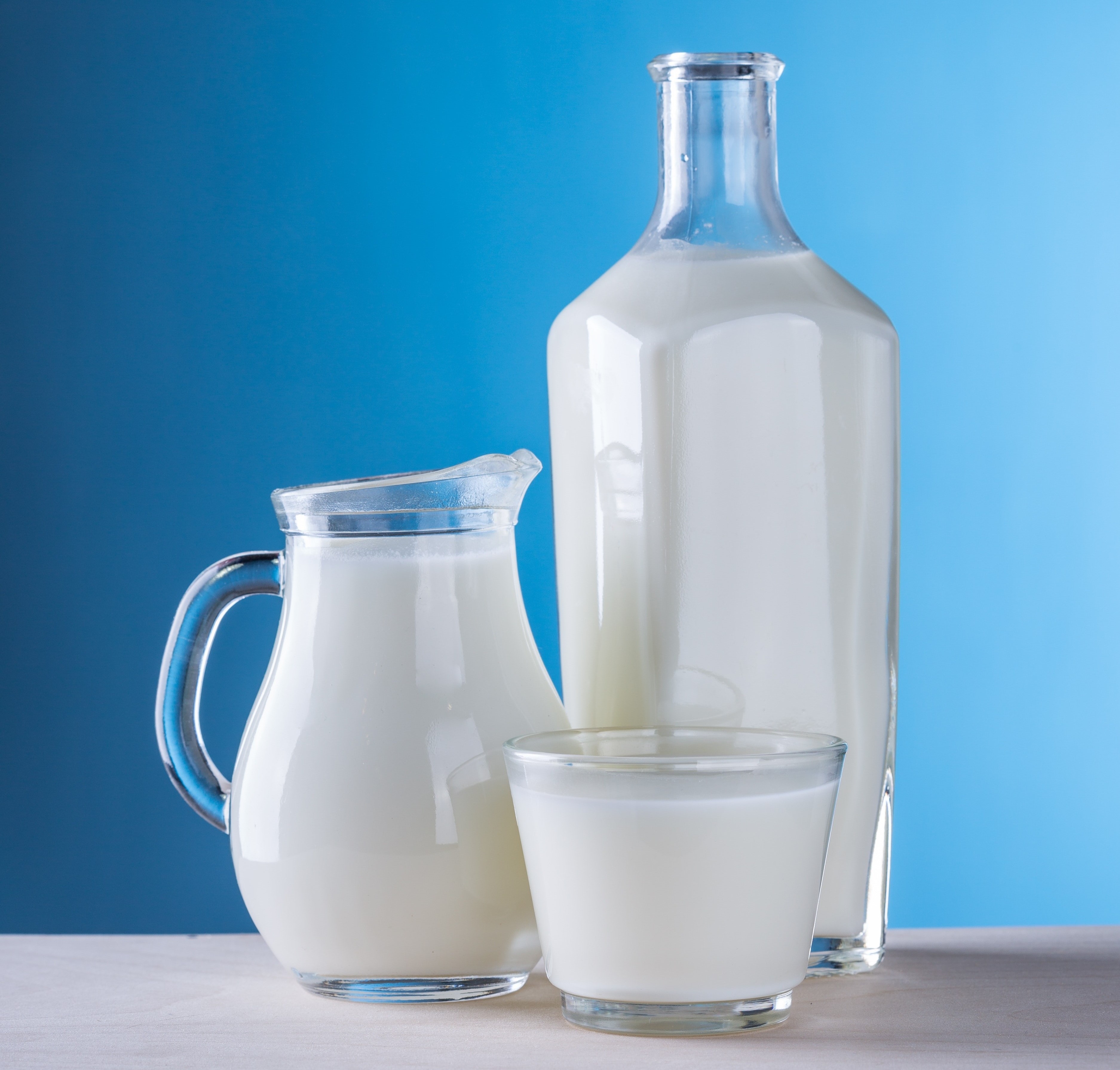Toxic or Healthy? Cow's Dairy vs Sheep's or Goat's Dairy
Why the A1 casein in cow's dairy may be causing problems to some people.
Sylvia Archer
Posted on Oct 06, 2023

Several thousand years ago, a cow mutated, resulting in a different kind of milk protein. Instead of every other mammal’s A2 protein, cow’s milk became A1 beta-casein. When consumed, this kind of milk releases an opioid peptide into the bloodstream called BCM-7. Sheep’s and goat’s dairy –and that of any other mammal– have not undergone the same mutation, so their content is always A2. This means that humans do not release the opioid peptide associated with the mutated cow’s milk.
Are opioid peptides such a big deal?
One of the worst parts of the BCM-7 opioid peptide released by cow’s milk is its ability to cross the blood-brain barrier. Yes, this does mean that it trespasses your brain’s defenses, and sends opiates straight to your brain. The consumption of opiate drugs is widely accepted as a problem. However, most people do not bat an eye at the fact that many children and adults are actually consuming small amounts of opiate precursors on a daily basis.
The more unpleasant effects of opiates are neurological in nature –that is, they affect the brain and behavior– and analgaesic. Most people would agree that it is detrimental to allow the food we eat to have a neurological effect on the brain. And, while the analgaesic effect may be useful should someone suffer an injury, the unnecessary consumption of such products generally leads to resistance to their effects. That means that once someone needs an analgaesic, they may require a larger dose in order to achieve the same result. It doesn’t sound too well, does it?
What’s the Fuss With A2 Milk?
Some people are less sensitive to opiates’ inhibitory effects of prefrontal activity than others. Those people can probably choose whether or not to consume cow’s dairy of any kind. Those who are more sensitive, or perhaps who enjoy having the full power of their cognitive function at all times, may benefit from switching to A2 milk content. While the sedating effects of A1 milk may not be noticeable on a daily basis, it’s easy to test if we’re sensitive to the milk we’re drinking. You can easily stop drinking it for a week or so, and then re-test if it makes you feel well when you reintroduce it into your diet.
Some of the subtle effects of cow’s dairy may be noticed fairly quickly by those who are sensitive to it. Intellectual people, especially the nerdy or quirky kind, and people on the autistic spectrum, seem to be more aware of these subtle effects of food on their metabolic health. They sometimes do better without the A1 form of casein in milk. As for everyone else, who knows?
Further Reading
- A1- and A2 beta-casein on health-related outcomes: a scoping review of animal studies
- one study analysed gastrointestinal effects in rats and found that dietary A2 beta-casein administration caused reduced intestinal inflammation and a favourable gastrointestinal transit time compared to the A1 beta-casein intervention.
- a favourable gut immune response in mice fed A2 beta-casein, compared to mice fed A1 beta-casein (or A1/A2 beta-casein).
- The relationship between neurological effects and BCM-7 relies on its ability to cross the blood–brain barrier and act as an opioid peptide. Its interaction with opioid receptors causes exorphin activity in the brain, which unfolds as e.g., behavioural change, analgesic effects, etc.
- BCM-7 had indeed a stimulating effect on changing the behaviour of rats receiving this intervention